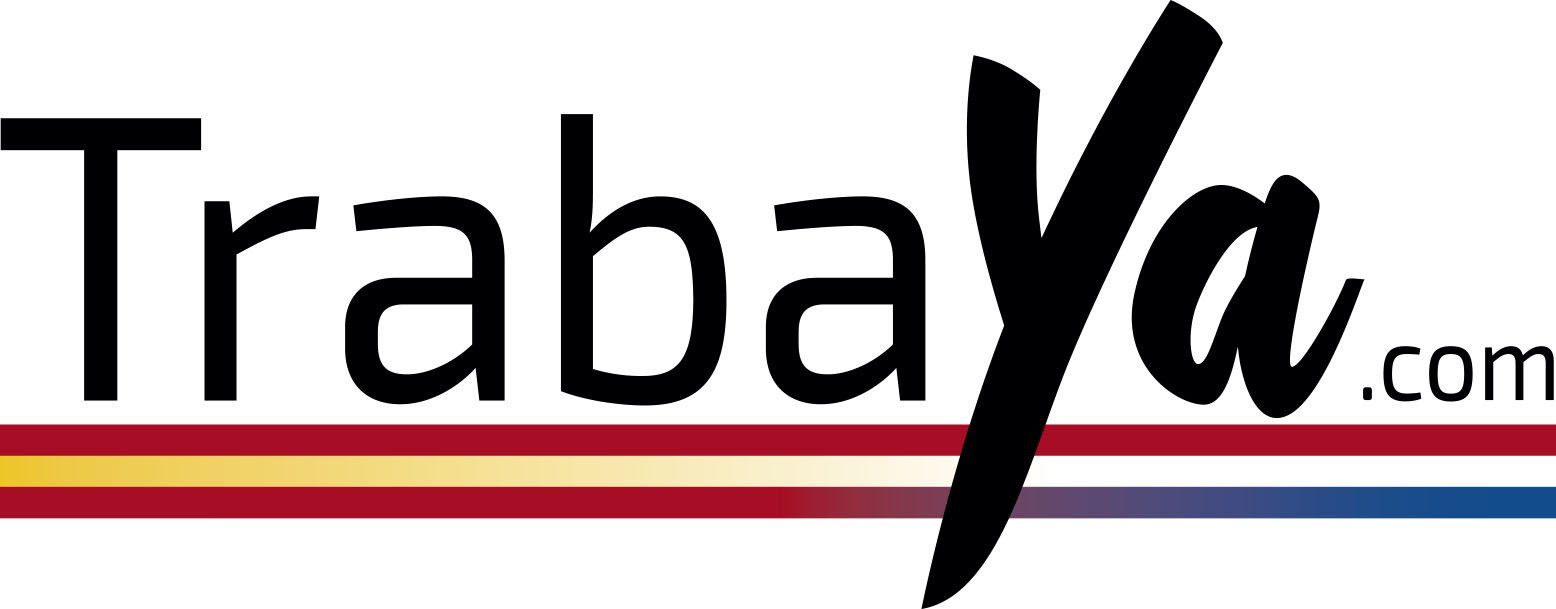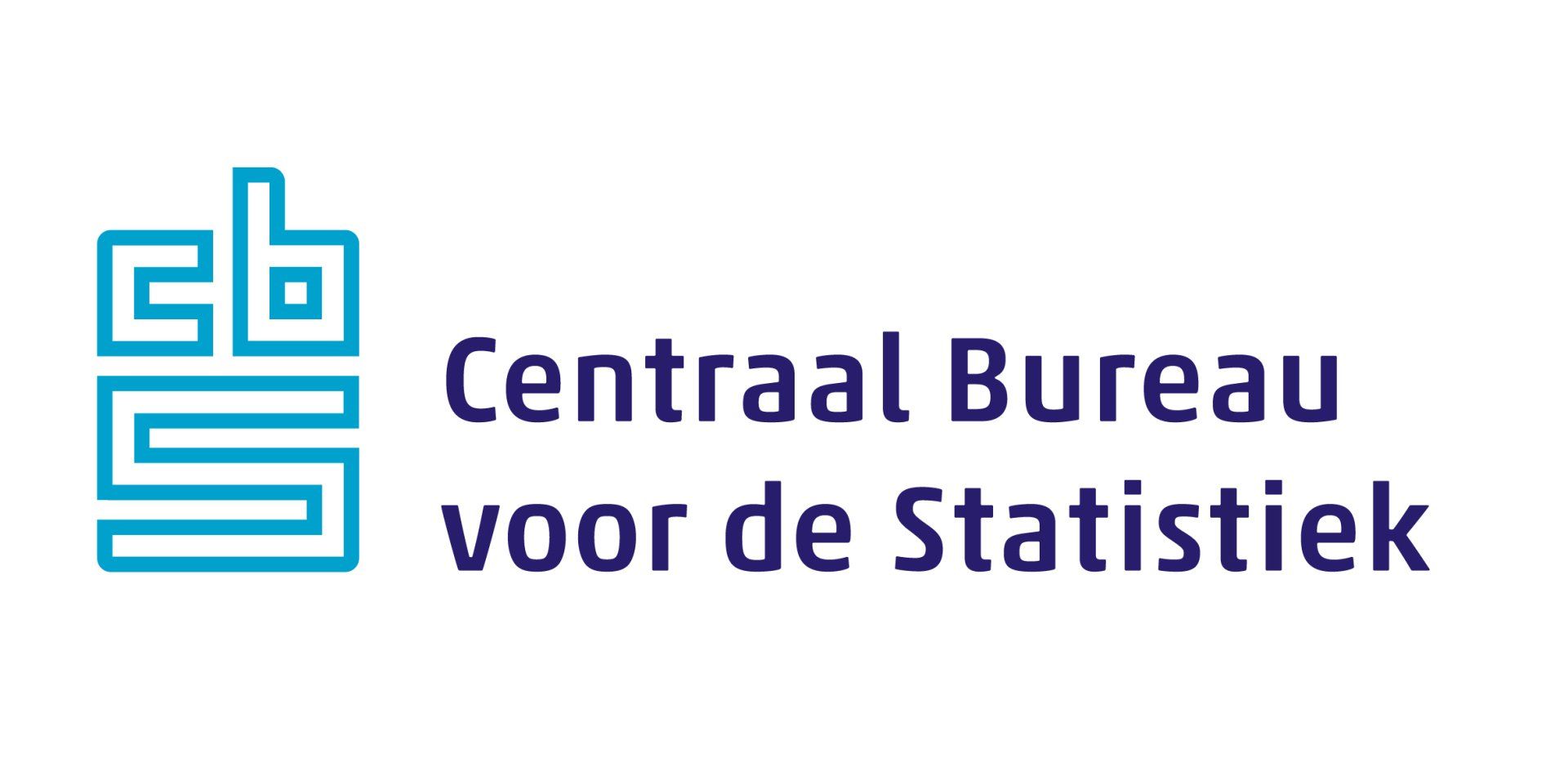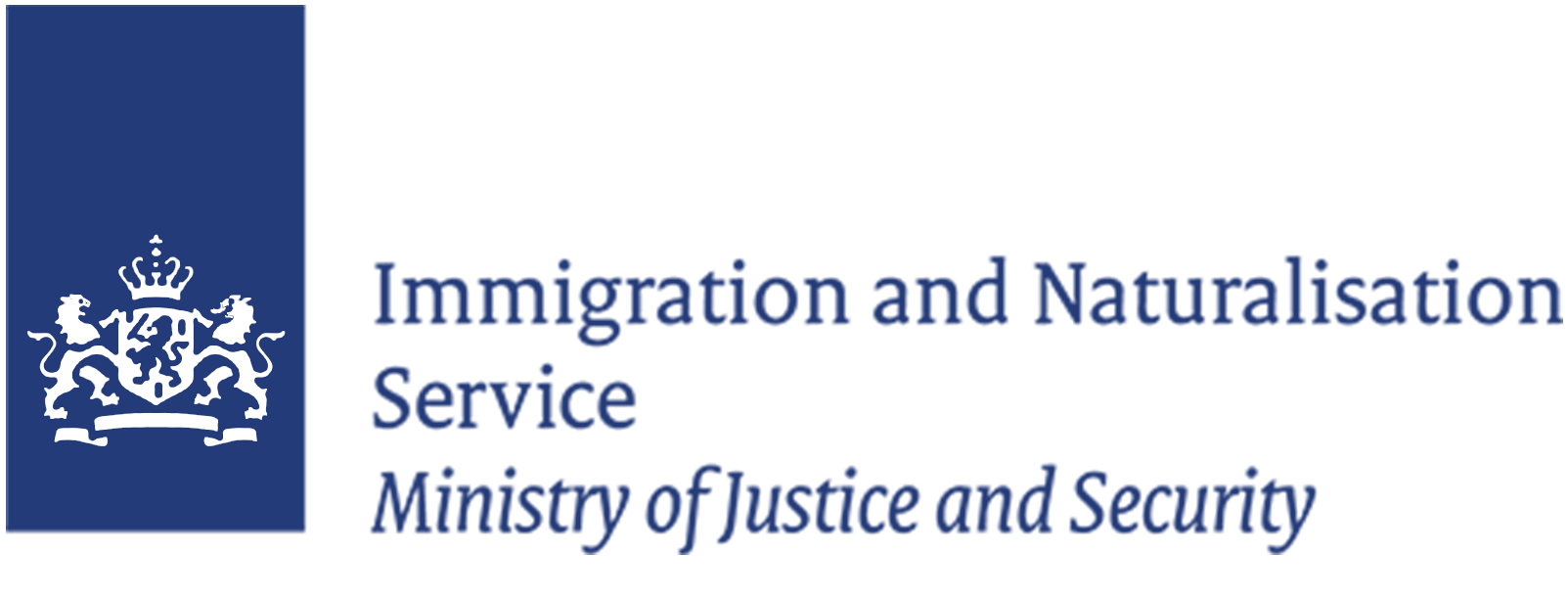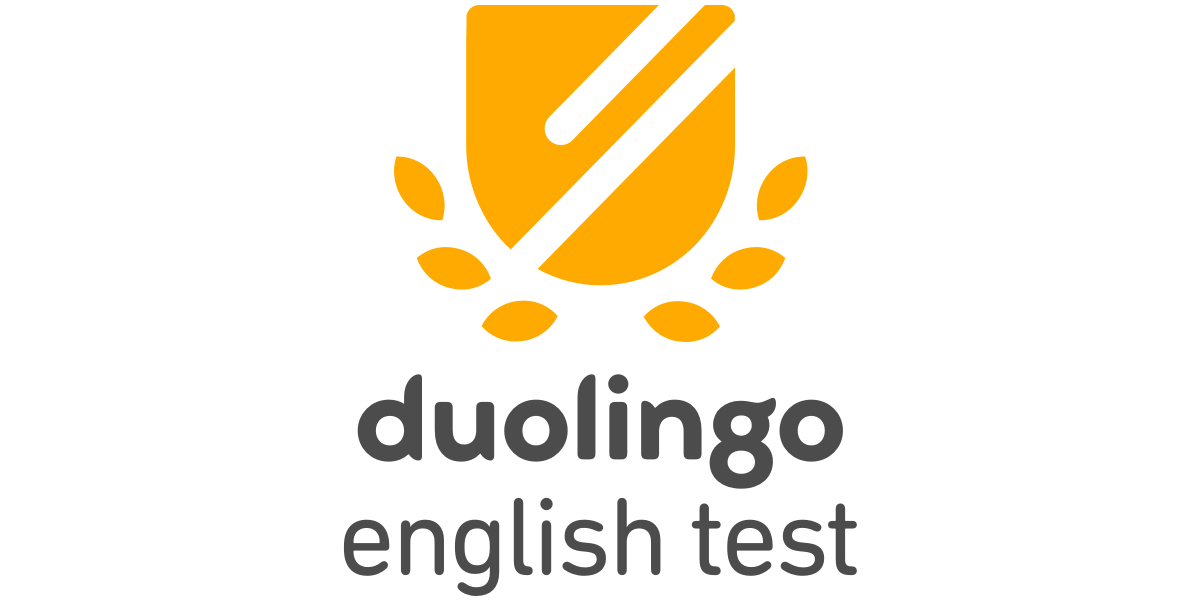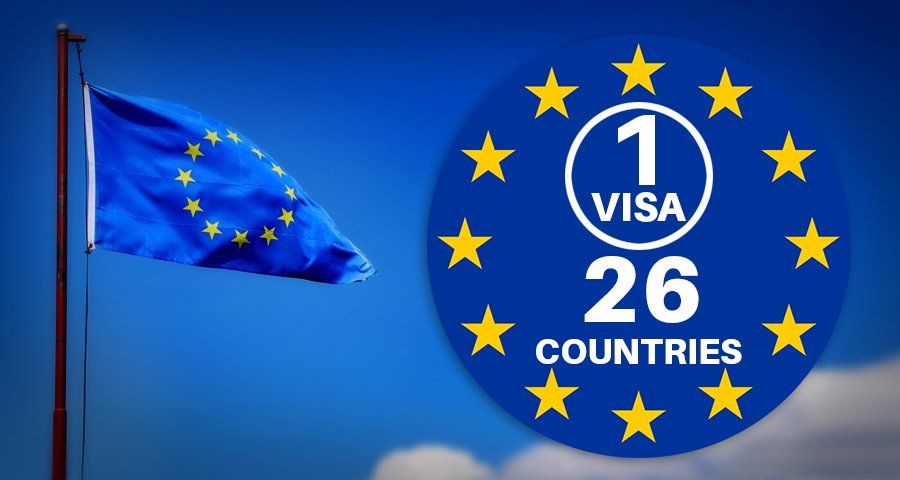Working in Germany
Get work experience, learn more languages, earn more, meet new people. There are many reasons to start working in one of the wealthiest countries in Europe right now! Thousands of jobs are waiting for enthusiastic people like you.
¨Get work experience, learn more languages, earn more, meet new people.
There are many reasons to start working in one of the wealthiest countries in Europe right now! Thousands of jobs are waiting for enthusiastic people like you.¨
Germany has many different visa types available, which can make it tough to choose which is best for your employees. If you’re already in the midst of a global expansion, it can prove difficult to focus on obtaining work visas in Germany when you’re also dealing with hiring, payroll, compensation, benefits, and more.
Types of Work Visas in Germany
If your employees are not European Union (EU) or European Economic Area (EEA) nationals, they need to acquire a residence permit to work or study in Germany for more than 90 days. They must acquire this permit in addition to a visa and work permit. The most common resident permit types include:
- Temporary residence permit
- Blue Card
- EC long-term residence permit
- Permanent settlement permit
Most individuals seeking work in Germany will acquire a temporary residence permit that’s valid for one year. They can renew it depending on their employment status, occupation, and nationality. Typically, the residence permit renewal is a formality as long as your employee’s personal situation doesn’t change. It’s best to contact the local Aliens Registration Office and consult with an immigration lawyer if they switch employers, stop working, or go through a marriage shift, as these situations can impact their residency status.
Requirements to Obtain Germany Work Visas
After an employee gets a residence permit, they can apply for a work permit. They’ll need a confirmed job offer and proof that the vacancy cannot be filled by an EU national or another immigrant who applied first. Work permits are typically granted for a year, but renewal is possible. Highly skilled employees will get a different kind of permit that’s valid for several years.
Recently, Germany simplified the process by allowing migrants to apply for a work and residence permit through a single permit directive of the EU. Obtaining a single permit allows non-EU nationals to work and reside in all EU countries, including Germany. To be eligible, an individual must be a non-EU national entering Germany for work or residence or already living in the country with access to German jobs.
Application Process
Obtaining a working visa in Germany typically requires the following steps:
- Getting a job offer
- Checking for visa requirements for long stays
- Submitting a visa application
- Collecting all the required documents
- Making an appointment for a visa interview
- Paying the German Employment Work Visa fee
- Attending the interview
- Waiting for a response on the application
An employee has to submit several documents to the German embassy or consulate in their country of residence to show that they fulfill all the right conditions for an employment visa, including proof of residency, proof of qualification, a personal covering letter, and a binding job offer. Keep in mind that the typical fee for a German long-stay visa is 75 EUR.
Other Important Considerations
Germany started trialing a points-based system called Punktebasiertes Modellprojekts für ausländische Fachkräfte (PUMA) in 2016. Currently, it’s only in place in Baden-Württemberg, but it could transition to the entire country. The system allows third-country nationals to enter and work in Germany if they get 100 points for everything from German, English, or French language skills to previous time spent in the country and the existence of German relatives.
